School for farmers
Small-scale, sustainable farming is becoming more popular, and the novice farmers need training
Although the horticultural program at College of the Rockies (COTR) Creston campus was discontinued a few years ago, the program’s greenhouses continue to benefit the community. A group of Creston residents arranged to have food crops grown there in support of the community.
Food for social programs
This group (formerly the Creston Valley Friends of the Community Greenhouse Society) has become a non-profit society—the Friends of Know & Grow Community Farm Society. Group members organize social programs for children, youth, young families, seniors and people with developmental deficits. With the help of volunteers and the program participants, food from the greenhouses has been distributed to the Creston Food Bank and local seniors centres. What the Therapeutic Activation Program for Seniors can’t use fresh, they store or preserve.
A growing demand
Nigel Francis, COTR Creston facilitator, Education for Food Security, noted that there is a growing trend for people to live on the land and produce their own food—to really live their values.
“As the college,” Francis said, “we see our role in the Creston Valley as that of leader in a certain type of agriculture education. The Creston Valley has an incredible diversity of agriculture and interesting small farms, and we have been seeing a demand for education in small-scale, sustainable agriculture.”
COTR is now building the Beginner Farmer Training Program—a 10-month, part-time program that will provide a crash course in how to be a small-scale, sustainable farmer. The greenhouses will be an integral part of the new program.
Teaching lost skills
Francis noted that in the past, a program like this wouldn’t have been necessary, because knowledge of farming practices was transferred through the generations.
“Recently, though, there’s been a break in the chain of the transfer of knowledge,” he said. “People don’t come from farming families anymore, and they lack some basic skills. This is where our program comes in. People are interested, and we can save them from making some of the most obvious and frustrating mistakes.”
The new program will begin in February 2014, and run through the full growing season, until November. Students may sign up for the entire Beginner Farmer Training Program or they may opt to enrol in stand-alone modules. For instance, some courses will be completed within a weekend, and some will be much longer. Beekeeping, seed saving, poultry basics, basic farm construction, small farm technology—perhaps the conversion of a tractor to run on electricity—and business and marketing will be among the courses offered.
The Beginner Farmer Training Program will take things up a step from what’s happening now through the Friends of Know & Grow. The program is being designed for people who want to grow for others as well as themselves, and make a living at farming.
“We want our program to have quite a strong business aspect as well,” said Francis.

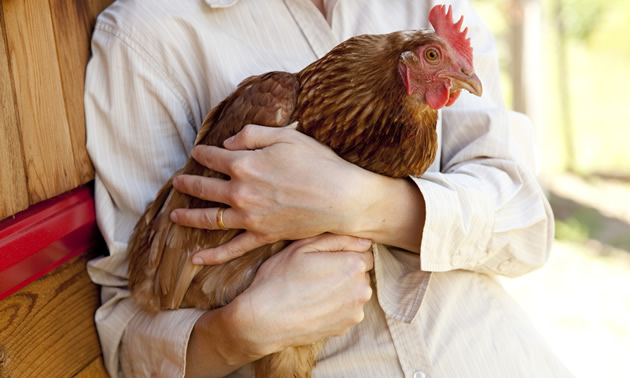
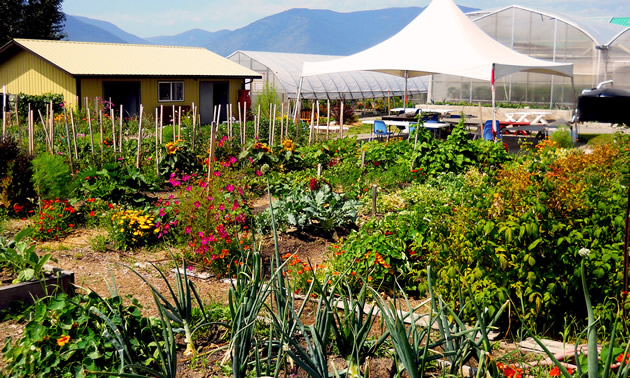
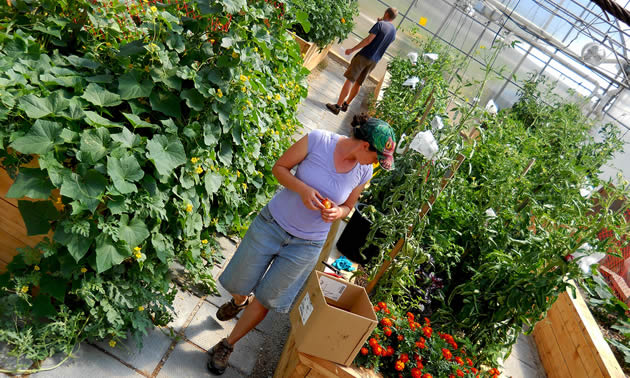
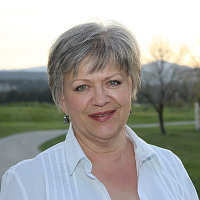
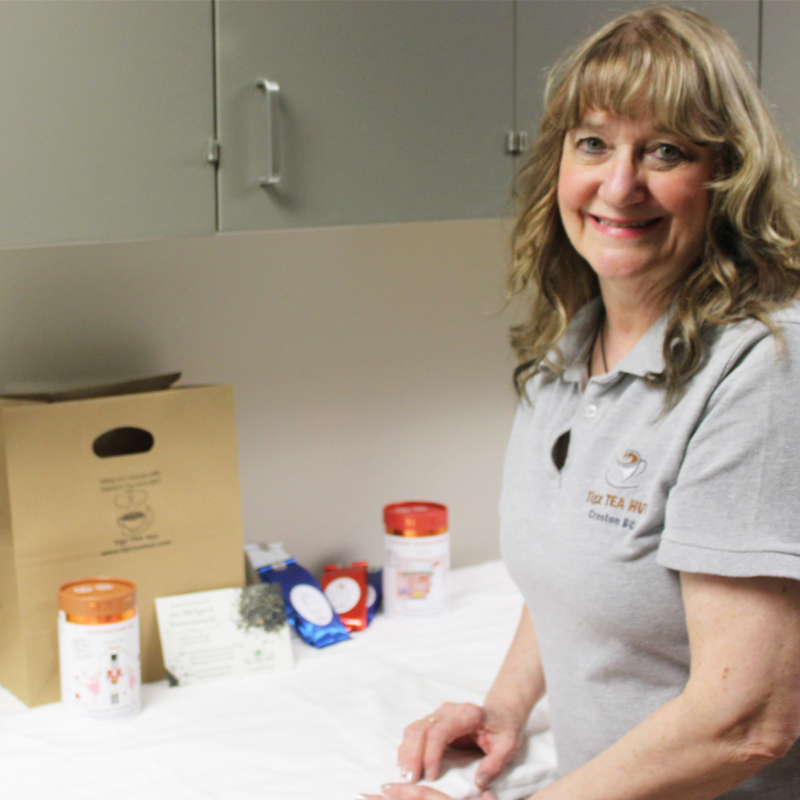
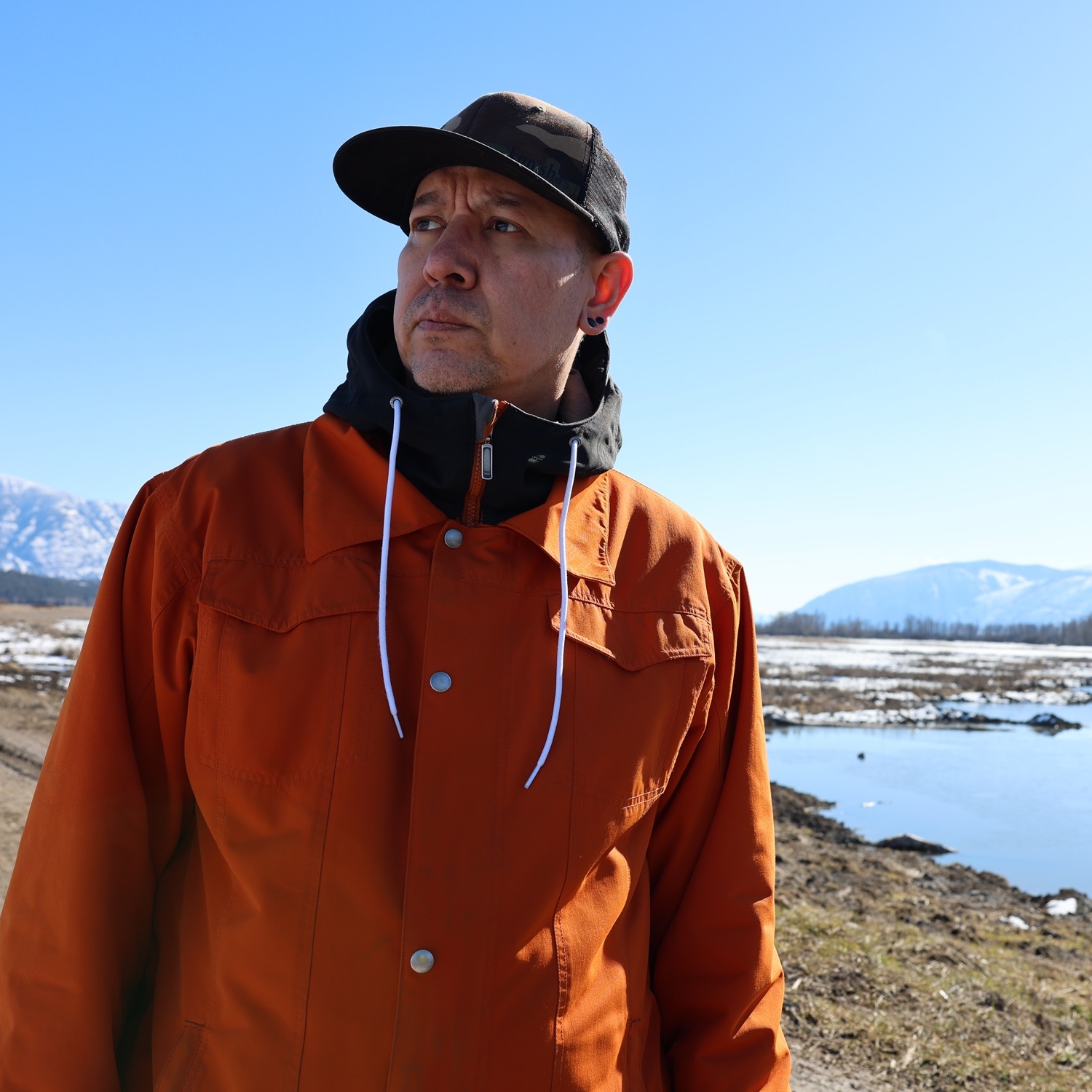
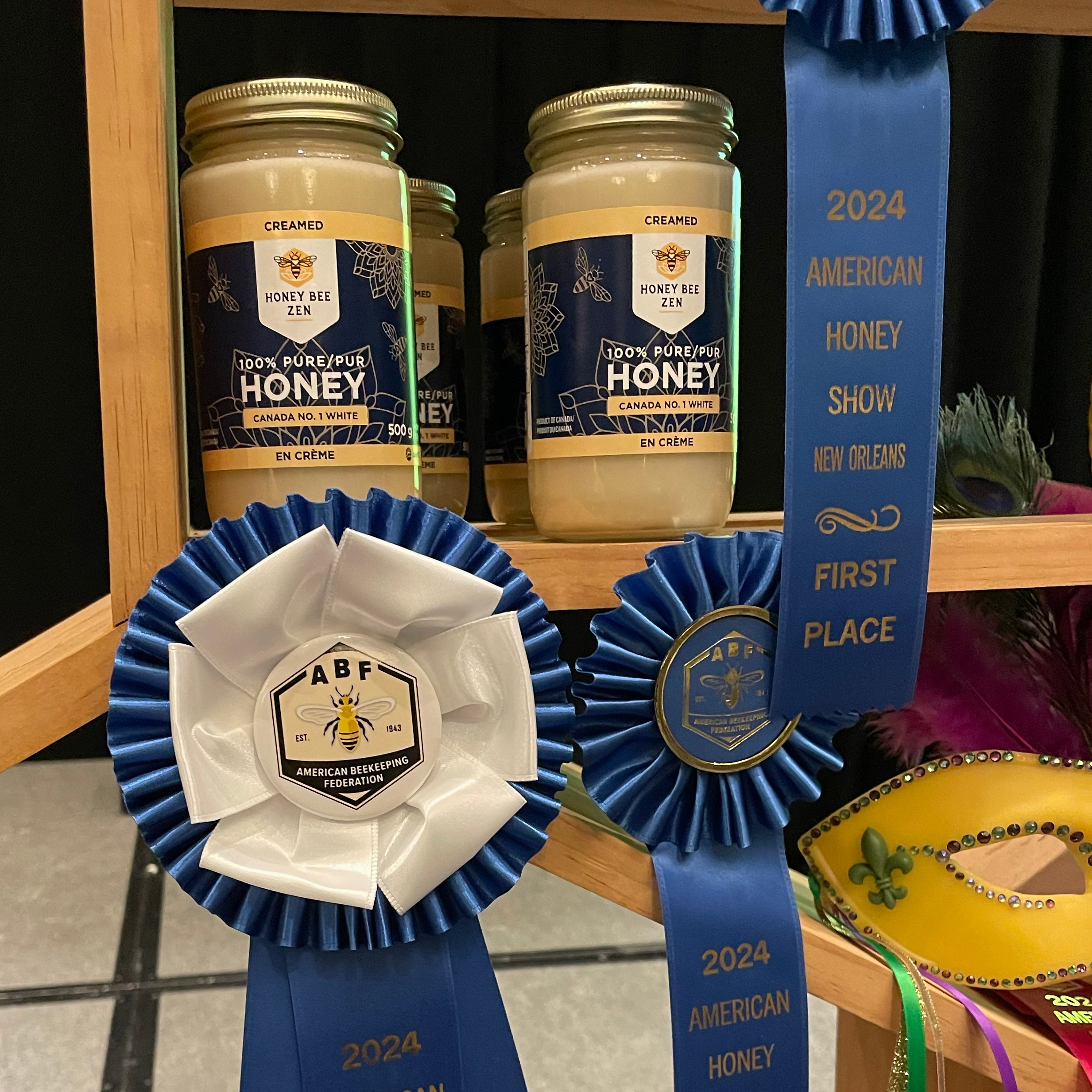

Comments